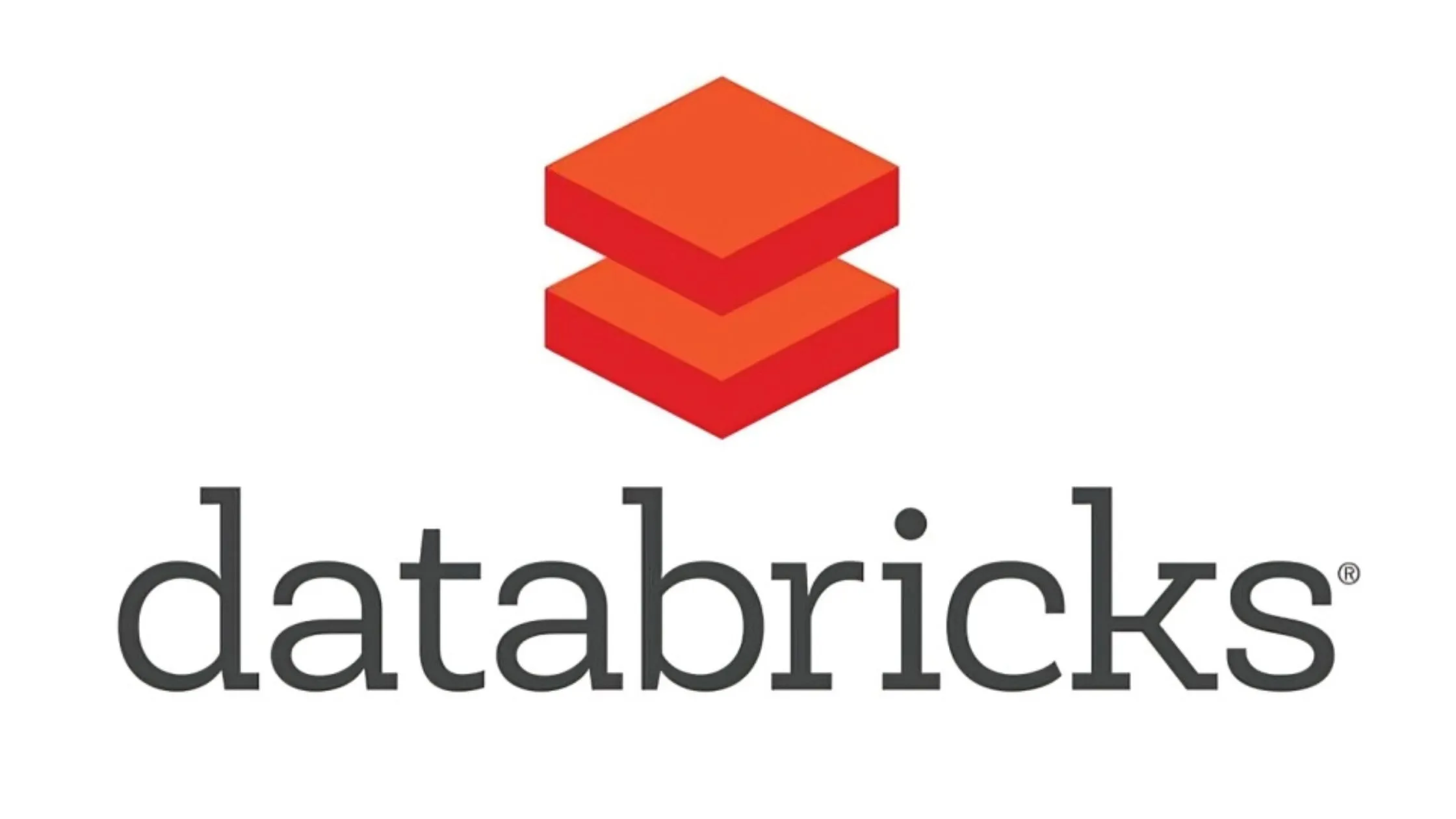The term “Databricks Certified Data Analyst dump” often refers to unofficial collections of past exam questions or simulated questions intended to help individuals prepare for the Databricks Certified Data Analyst Associate exam. While some resources might be called “dumps,” it’s crucial to approach them with caution, as using actual exam questions from past tests can be a breach of exam policies and may not accurately reflect the current exam content.
Instead of relying on “dumps,” it’s highly recommended to focus on legitimate study materials and official Databricks resources to truly understand the concepts and pass the exam ethically.
Here’s a comprehensive overview of what the Databricks Certified Data Analyst Associate exam covers and effective ways to prepare:
Databricks Certified Data Analyst Associate Exam Overview
This certification validates an individual’s ability to use the Databricks SQL service to perform introductory data analysis tasks. It demonstrates proficiency in:
- Databricks SQL Service and Capabilities: Understanding its features, audience, use cases, and how it integrates with the broader Lakehouse Platform.
- Data Management with Databricks Tools: Best practices for managing data, including Delta Lake features, handling table metadata, and ensuring data integrity. This involves understanding managed vs. unmanaged tables, creating/securing databases, tables, and views.
- Using SQL for Data Tasks in the Lakehouse: Writing and optimizing SQL queries for structured data analysis, including joins, subqueries,
MERGE INTO,COPY INTO, aggregation functions (roll-up, cube, windowing), and cleaning/optimizing silver-level data. - Creating Production-Grade Data Visualizations and Dashboards: Designing interactive visualizations and dashboards in Databricks SQL, formatting visual elements, configuring query parameters, and setting up automated refresh schedules and alerts.
- Developing Analytics Applications: Applying statistical analysis and data enhancement techniques.
Exam Details:
- Number of Questions: 45 multiple-choice questions
- Time Limit: 90 minutes
- Passing Score: Typically 70% (around 32 out of 45 questions)
- Registration Fee: USD 200 (plus applicable taxes)
- Delivery Method: Online proctored
- Prerequisites: None, but Databricks highly recommends completing the “Lakehouse Fundamentals” and “Data Analysis with Databricks SQL” courses and having at least six months of hands-on experience.
- Validity: 2 years
Recommended Preparation Strategies
Instead of searching for “dumps,” focus on these effective and ethical preparation methods:
-
Official Databricks Training and Resources:
- Databricks Academy: This is the primary and most reliable source for learning.
- “Lakehouse Fundamentals” Learning Plan: Essential prerequisite to understand the foundational concepts of the Databricks Lakehouse Platform.
- “Data Analysis with Databricks SQL” Course: This course is specifically designed to prepare you for the Data Analyst Associate exam. It includes videos, lectures, and hands-on labs using Databricks notebooks.
- Databricks Exam Guide: Carefully review the official exam guide provided by Databricks. It outlines all the objectives and topics covered in detail, which is crucial for targeted study.
- Databricks Documentation: Refer to the official Databricks documentation for in-depth information on specific features, SQL syntax, and best practices.
- Databricks Academy: This is the primary and most reliable source for learning.
-
Hands-on Practice:
- Databricks Workspace: Get hands-on with a Databricks workspace. Practice writing SQL queries, creating tables (managed and unmanaged), ingesting data, building visualizations, and designing dashboards.
- Work through Labs: The Databricks Academy courses often include practical labs. Complete these diligently to solidify your understanding.
-
Practice Tests and Study Guides:
- Third-Party Practice Tests (with caution): Several platforms like Udemy offer practice tests. While these can be helpful for assessing your knowledge and familiarizing yourself with question formats, ensure they are well-reviewed, up-to-date, and align with the official exam guide. Be wary of those claiming to have “actual exam questions.”
- Study Guides/Books: Some reputable authors and platforms offer study guides specifically for the Databricks Certified Data Analyst Associate exam. Look for guides that cover all the exam objectives thoroughly and include practice questions with explanations.
-
Community and Forums:
- Databricks Community: Engage with the Databricks community forums or online groups (like Reddit’s r/databricks) to ask questions, share insights, and learn from others’ experiences.
Key Topics to Master:
- Databricks SQL:
- SQL Editor: Writing and executing queries.
- SQL Warehouses (formerly SQL Endpoints): Understanding their purpose, serverless options, and cost considerations.
- Partner Connect: Integration with BI tools (Tableau, Power BI, Looker) and ingestion tools (Fivetran).
- Small file uploads and ingesting data from object storage.
- Data Management:
- Medallion Architecture (Bronze, Silver, Gold layers)
- Delta Lake features: ACID transactions, schema enforcement, time travel, upserts (
MERGE INTO),COPY INTO. - Managed vs. Unmanaged (External) tables: Differences, use cases, and persistence.
- Creating, dropping, and renaming tables, databases, and views (including temporary views).
- Data Explorer: Exploring, previewing, and securing data.
- Table ownership and access rights.
- Data governance and handling PII data.
- SQL in the Lakehouse:
- Advanced SQL: JOINs (LEFT, RIGHT, FULL, INNER, SEMI, ANTI), subqueries, common table expressions (CTEs).
- Aggregation functions:
GROUP BY,ROLLUP,CUBE,GROUPING SETS. - Window functions.
- Data cleaning and transformation techniques.
- Query optimization: Partitioning, Z-ordering, caching.
- Data Visualization and Dashboards:
- Creating visualizations from queries within Databricks SQL.
- Building dashboards from multiple visualizations.
- Customizing dashboard appearance (colors, formatting).
- Query parameters for interactive dashboards.
- Automated refresh schedules and alerts.
- Sharing dashboards and understanding permissions.
- Analytics Applications:
- Understanding the role of Databricks SQL in various analytics workflows.
- Basic statistical analysis concepts relevant to data analysis.
By focusing on a structured study plan using official and reputable resources, gaining practical experience, and testing your knowledge with practice questions, you can confidently prepare for and achieve the Databricks Certified Data Analyst Associate certification. Avoid reliance on unofficial “dumps” to ensure a strong understanding of the material and ethical certification practices.

Leave a Reply